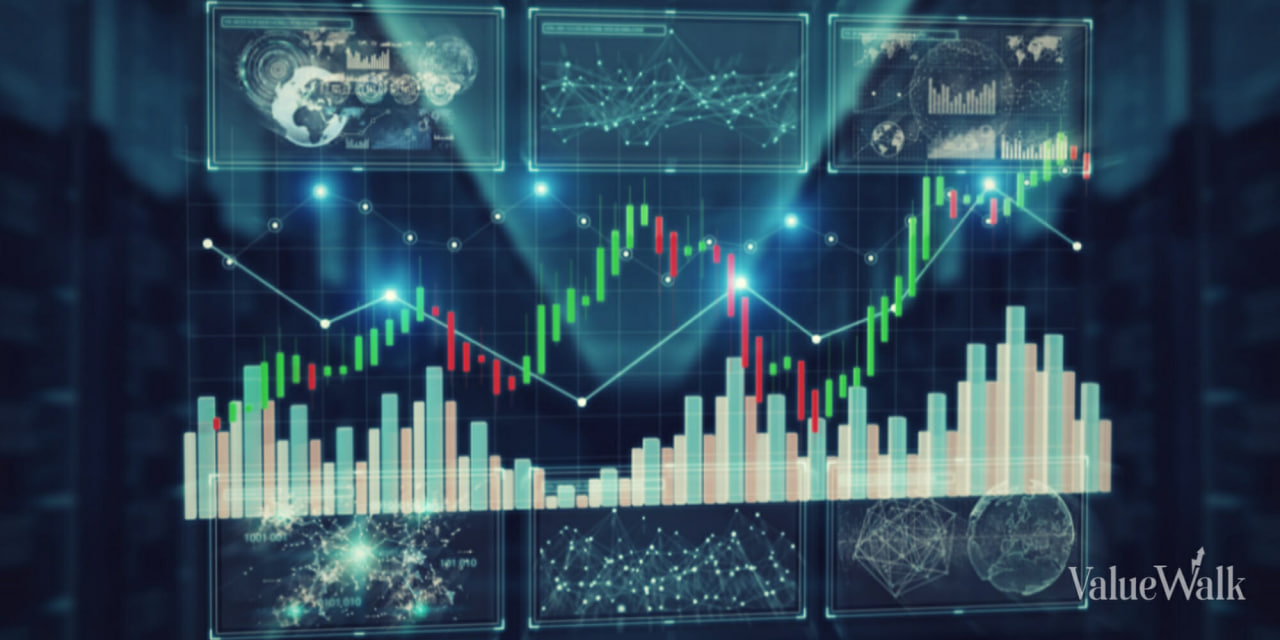Navigating the Economic Landscape: A Global Perspective on Growth and Inflation
Meta Description: Explore the latest global economic outlook, including growth projections, inflation trends, and the likelihood of a "soft landing." Discover insights from leading experts and learn how these trends may impact your financial decisions.
Introduction:
The global economy is a complex and ever-evolving beast. Economic indicators sway, market sentiment shifts, and policymakers grapple with challenges that impact us all. This article delves into the current state of the global economy, offering a comprehensive analysis of key trends, forecasts, and potential implications. We'll examine the prospects for growth, the evolving inflation landscape, and the potential for a "soft landing" – a scenario where economic growth slows down without triggering a recession. By understanding these dynamics, we can gain valuable insights into the macroeconomic environment and make informed decisions about our personal finances and investments.
Global Economic Growth: A Steady Course Ahead?
The world economy, after navigating the turbulent waters of the pandemic and the subsequent economic fallout, appears to be on a more stable course. While growth is expected to remain moderate, the consensus among economists is that a significant downturn is unlikely in the near future.
Key Factors Driving Growth:
- Resilient Consumer Spending: Despite inflationary pressures, consumer spending remains relatively strong in many developed economies, fueled by robust labor markets and accumulated savings.
- Emerging Market Growth: Countries like China and India continue to drive global growth, with their rapidly expanding economies and rising consumer classes.
- Technological Advancements: Innovation in areas like artificial intelligence, renewable energy, and biotechnology continues to drive economic growth and create new opportunities.
Inflation: A Shifting Landscape
Inflation has been a major concern for policymakers and consumers alike. While it has shown signs of cooling in some regions, it remains elevated in others. The path forward for inflation is likely to be complex and dependent on a range of factors, including:
- Supply Chain Disruptions: The global supply chain remains fragile, with ongoing disruptions and geopolitical tensions contributing to persistent price pressures.
- Monetary Policy: Central banks are continuing to raise interest rates to combat inflation, but the impact of these policies on economic growth and inflation remains uncertain.
- Energy Prices: The price of oil and natural gas has fluctuated significantly, impacting inflation in energy-dependent economies.
The "Soft Landing" Scenario: A Hopeful Outlook
The idea of a "soft landing" – a scenario where economic growth slows without triggering a recession – is a hopeful prospect for many. While it's too early to declare victory, several factors suggest that a soft landing may be achievable:
- Strong Labor Markets: Low unemployment and a shortage of skilled workers continue to support consumer spending and economic growth.
- Government Support: Many governments are taking steps to mitigate the economic impact of inflation, such as providing targeted relief to vulnerable populations.
- Adaptability of Businesses: Businesses have shown remarkable adaptability in navigating the economic challenges of recent years, finding innovative ways to operate and remain profitable.
The Role of Technology in Shaping the Economic Future
Technology is playing an increasingly important role in shaping the global economy. From automation to artificial intelligence, technological advancements are driving productivity gains, creating new industries, and changing the nature of work. The adoption of technology is likely to continue to be a major driver of economic growth in the years to come.
Navigating the Economic Landscape: What Does It Mean for You?
Understanding the global economic outlook is essential for making informed financial decisions. Here are some key takeaways for individuals and investors:
- Plan for Inflation: Inflation is likely to remain a factor in the near term. Consider strategies to protect your savings, such as investing in assets that tend to outperform during inflationary periods.
- Diversify Your Investments: Diversifying your investment portfolio across different asset classes can help reduce risk and enhance returns.
- Stay Informed: Keep up-to-date on economic trends and developments. Staying informed can help you make better financial decisions and adjust your strategies as needed.
Frequently Asked Questions (FAQ)
Q: What is the biggest threat to global economic growth?
A: The biggest threats to global economic growth include geopolitical instability, persistent inflation, and the potential for a recession in major economies.
Q: How will rising interest rates impact the economy?
**A: ** Rising interest rates can slow economic growth by making it more expensive for businesses to borrow money and invest, leading to reduced spending and hiring.
Q: What is the significance of the "soft landing" scenario?
A: A soft landing would allow the economy to slow down without triggering a recession, preserving jobs and maintaining economic stability.
Q: How can I protect my savings from inflation?
A: You can protect your savings from inflation by investing in assets that tend to outperform during inflationary periods, such as real estate, commodities, and stocks with strong pricing power.
Q: What are some key trends to watch in the global economy?
A: Key trends to watch include the pace of inflation, the direction of monetary policy, the trajectory of technological advancements, and the geopolitical landscape.
Conclusion:
The global economy is in a period of transition, navigating a complex mix of challenges and opportunities. While risks remain, the outlook for growth is cautiously optimistic. By staying informed about key economic trends, adapting our financial strategies, and embracing the transformative power of technology, we can position ourselves to succeed in the evolving economic landscape.



